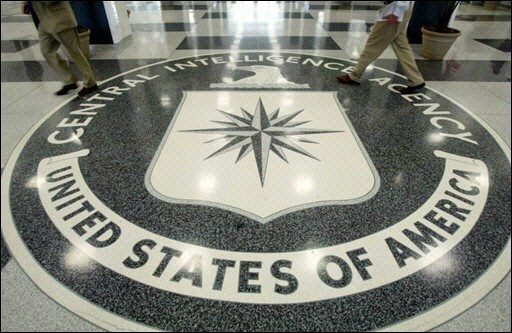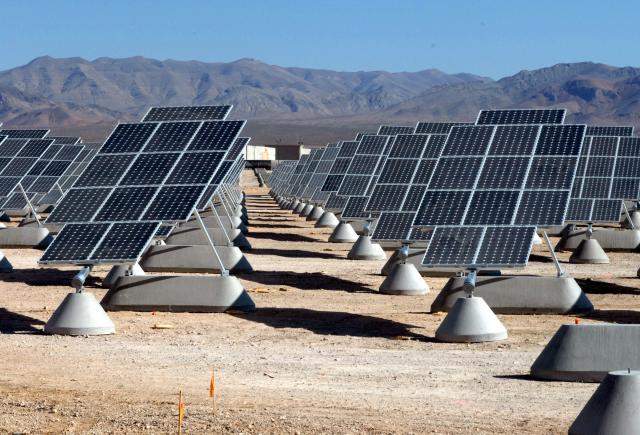The Central Intelligence Agency has no plans to suspend “operations” in Pakistan against terror suspects despite objections from leaders in Islamabad, a US official said Thursday.
Pakistan has criticized missile strikes by US drone aircraft against Islamist militants in the country but CIA Director Leon Panetta has told intelligence officials that he has a duty to prevent attacks on the United States, the senior official, who spoke on condition of anonymity, told AFP.
“Panetta has been clear with his Pakistani counterparts that his fundamental responsibility is to protect the American people, and he will not halt operations that support that objective,” the official said.
The CIA chief on Monday held several hours of talks at the agency’s headquarters outside Washington with Lieutenant General Ahmad Shuja Pasha, the head of Pakistan’s Inter-Services Intelligence agency.
US media had reported that Pasha and other officials told the United States to rein in drone strikes and slash the number of CIA agents and special forces operating in the nuclear-armed Muslim country.
Apparently reflecting the CIA chief’s stance, American drones resumed missile attacks in Pakistan on Wednesday for the first time in a month, targeting fighters from the Al-Qaeda-linked Haqqani network near the Afghan border.
The unmanned aircraft fired four missiles at a vehicle in the South Waziristan district, striking a route used by Taliban and Al-Qaeda-allied militants who cross into Afghanistan to attack NATO-led troops, Pakistani officials said.
It was the first missile strike since March 17, when Pakistan’s civilian and military leaders strongly protested over a US drone attack that killed 39 people, including civilians and police, in North Waziristan.
Pakistan’s foreign ministry and Prime Minister Yousuf Raza Gilani both sharply criticised the latest bombing raid.
But analysts and former US intelligence officers say there is little chance the CIA would abandon the drone bombing campaign despite a series of diplomatic rows, and even if Pakistani leaders, for domestic political purposes, publicly criticized the strikes.











